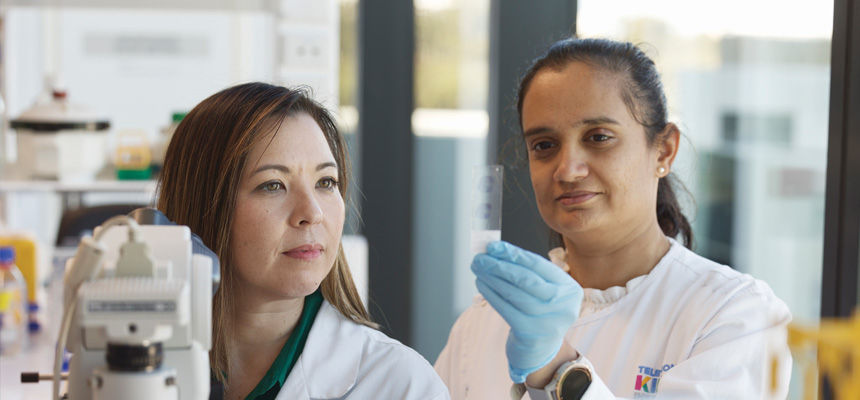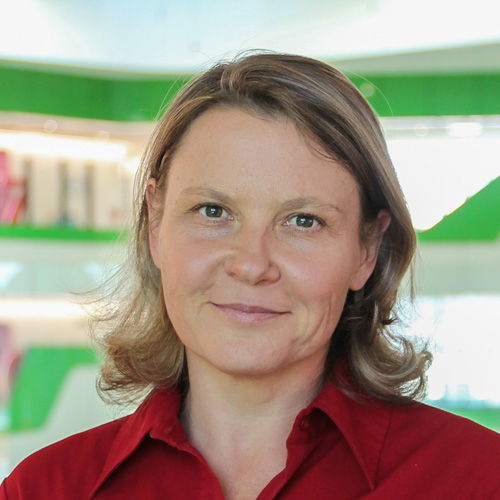Search
Showing results for "clinical trials"

The WA Kids Cancer Centre has a suite of world-leading research projects to unlock new treatments for childhood cancers.
Research
Clinical Management of Staphylococcus aureus Bacteremia in Neonates, Children, and AdolescentsStaphylococcus aureus is a common cause of community and health care-associated bacteremia, with authors of recent studies estimating the incidence of S aureus bacteremia (SAB) in high-income countries between 8 and 26 per 100 000 children per year. Despite this, <300 children worldwide have ever been randomly assigned into clinical trials to assess the efficacy of treatment of SAB.
Research
Therapeutic targeting of the leukaemia microenvironmentIn recent decades, the conduct of uniform prospective clinical trials has led to improved remission rates and survival for patients with acute myeloid leukaemia and acute lymphoblastic leukaemia. However, high-risk patients continue to have inferior outcomes, where chemoresistance and relapse are common due to the survival mechanisms utilised by leukaemic cells.
Research
Glioma-specific Domain IV EGFR cysteine mutations promote ligand-induced covalent receptor dimerization and display enhanced sensitivityEpidermal growth factor receptor (EGFR) is over-expressed in many brain tumors. This paper examines mutations the EGFR that make the cell it is produced in...
Research
Recurrent MET fusion genes represent a drug target in pediatric glioblastomaWe identified previously unidentified gene fusions involving the MET oncogene in pediatric glioblastoma
Research
Hepatic sinusoidal obstruction syndrome during chemotherapy for childhood medulloblastoma: Report of a case and review of the literatureWe report a patient with high-risk anaplastic medulloblastoma who developed severe HSOS during her second cycle of maintenance chemotherapy.
Research
Boosting the influenza vaccine schedule in children with cancer: a prospective open-label studyCurrent immunization guidelines recommend one dose of influenza vaccine for children aged ≥9 years and two doses for younger or vaccine-naïve children. However, children receiving chemotherapy have an attenuated immune response. We performed a prospective open-label study in children undergoing treatment for cancer at Perth Children's Hospital, Western Australia, to examine the safety and efficacy of a boosted influenza schedule.
Research
iming of Introduction of Solids and Early-Onset Allergic DiseaseStrategies to prevent early-life food allergen sensitisation prior to commencement of solid foods are needed and should be the focus of future research

Research
Pertussis Disease and Antenatal Vaccine Effectiveness in Australian ChildrenPopulation-level studies of severe pertussis extending beyond infancy are sparse, and none in the context of antenatal vaccination. We compared hospitalized pertussis cases from birth to 15 years of age before and after introduction of antenatal immunization.
